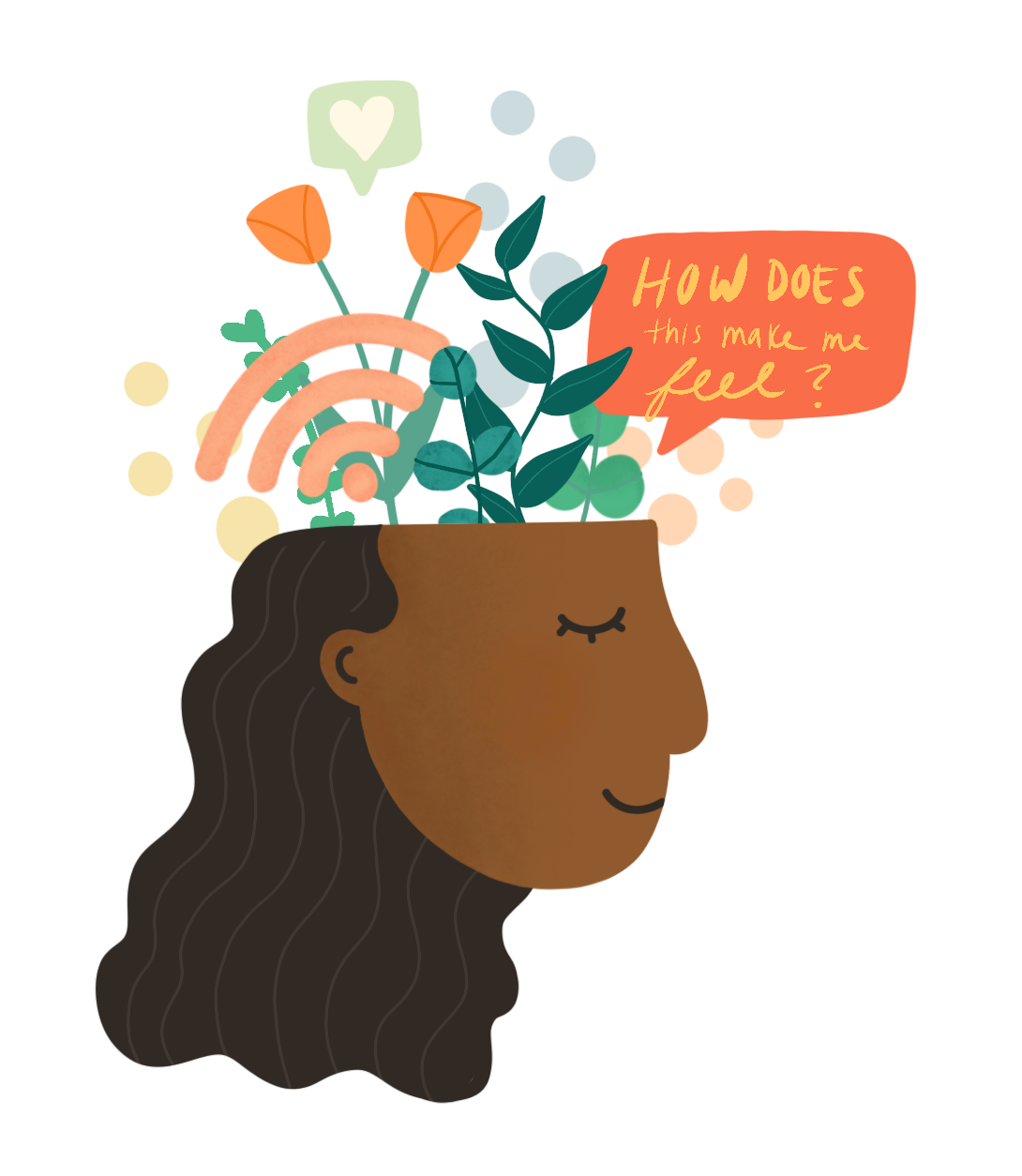Our Vision, Our Values
We believe that media literacies are central to a society that demands accountability from public institutions, equity for marginalized and underserved communities, and robust opportunities for people to use their voices to advocate for more inclusive futures.
As such, our work in equitable media literacy practices are guided by the following values:

Media literacy practices
- prioritize marginalized and underserved communities
- prioritize just and equitable futures
- are guided by ethics of deep and relational caring
- are nourishing, supportive, inclusive, and respectful
We are excited to share our research findings and this guide for all media literacy practitioners hoping to prioritize equity, justice, and care into their work.
Our team has researched how media literacy practitioners understand and prioritize equity in their media literacy practice. We are interested in what impact means as a process and as an aspirational goal for media literacy interventions. Based on this work, we created a Field Guide for Equitable Media Literacy Practice that is available for public use.
The following intentions drove the creation of this field guide:
Who? This guide is for practitioners interested in designing equity-focused media literacy practices. What? This guide offers five priority areas to consider when building equity-focused media literacy practices. How? This guide provides activities, questions to consider, and guidance for reflection on equitable media literacy practices. Why? This guide reinforces equity, inclusion, and care in media literacy practices that aspire to support more inclusive futures.